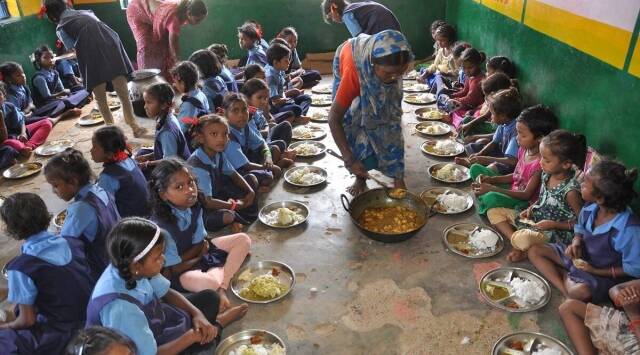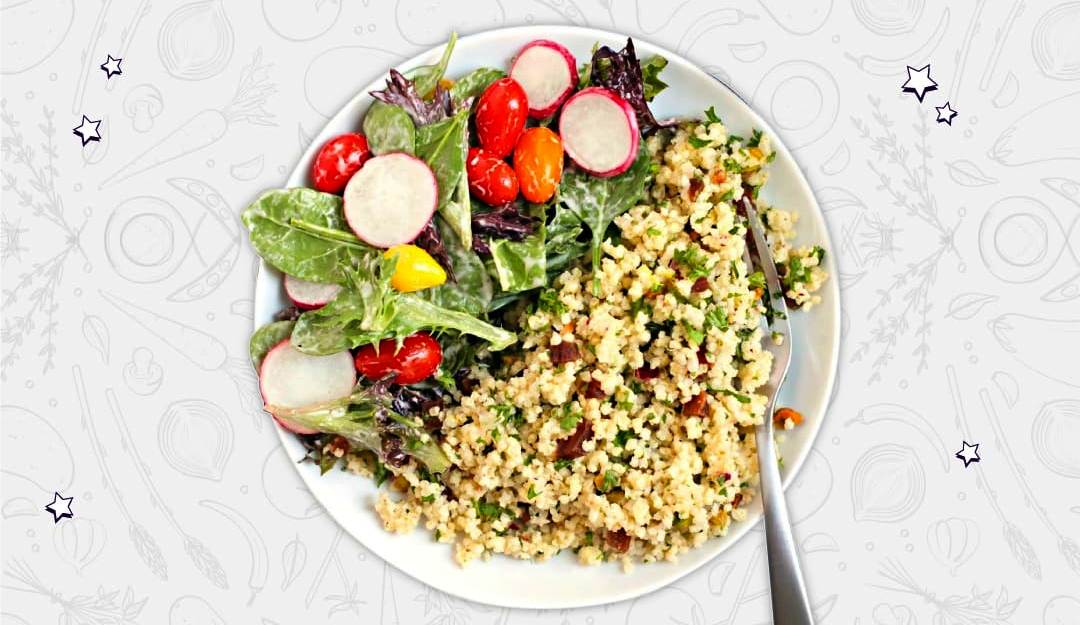Welcome to Safe Food Mitra
Welcome to Safe Food Mitra

A decade after the National Food Security Act (NFSA) was enacted, the Centre has revised the nutritional standards of meals at schools and anganwadis, augmenting the proportion of calories and protein, while also mandating the inclusion of micronutrients in them.
The amendment has been done on the recommendations of an inter-ministerial committee, which, in its draft report, had also recommended that the serving of eggs as part of government food safety programmes be also made mandatory. However, that proposal has been shelved for now.
However, there are no restrictions on states and Union Territories to add eggs and other items on the menu of food safety programmes such as midday meals (now known as PM Poshan) at schools, or the Integrated Child Development Services (ICDS) scheme at anganwadis that covers pre-school children, along with pregnant and lactating mothers.
“Even if states are hesitant to add eggs, they will have to revise the menu and add more items including pulses and green leafy vegetables to meet the new standards. For now, eggs are part of the midday meal in 14 states and UTs ,” said a government official.
In its draft report, the inter-ministerial team had recommended “urgent action”, citing the possible impact of the Covid-19 pandemic in worsening the “silent crisis” of undernutrition.
The amended NFSA schedule II, which was notified on January 25, fixes nutritional standards for nine groups, starting from children aged six months to one year and those in upper primary classes (VI-VIII). Three new categories have been created for undernourished children aged between six months to six years.
The nutritional standards for some existing categories such as lower primary classes, and upper primary classes have been revised. For instance, under the previous norms, every child in lower primary classes was entitled to get 450 kilocalories (kcal) and 12 gm protein with midday meals.
Now, the protein quantity has been hiked to 15-20 gms, while fat (18-21 gms) and carbohydrates (70 gms) are part of the mix as well. Standards for micronutrients have also been fixed: calcium 170 mg, zinc 2 mg; iron 3.5 mg; dietary folate 50 micrograms, Vitamin A 100 micrograms; Vitamin B6 0.43 micrograms; Vitamin B12 0.66 micrograms.

New Delhi: To promote the shipment of nutri-cereals, the Ministry of Commerce and Industry through its apex agricultural export promotion body, Agricu...
Indian Express
Populars Courses

